To help Aboriginal and Torres Strait Islander corporations understand what Data Sovereignty means and why it matters...
Yappera is a not-for-profit, Aboriginal Community Controlled Organisation (ACCO) who deliver education and wellbeing programs for Aboriginal children and their families.
To provide children, from birth to school age, with high-quality, culturally grounded education and care within a children’s services setting.
Melbourne, VIC, Wurundjeri Country
Victoria
Child services
- Not-for-profit
- Co-operative regulated by Consumer Affairs Victoria
- Registered with ACNC
- Highly Rated (2012) Category A: outstanding example of Indigenous Governance in an Indigenous incorporated organisation.
Most recent update – June 2024.
About
Yappera Children’s Service Co-Operative Ltd is a multi-functional Aboriginal children’s service located in Naarm (Melbourne), catering to children and families. It serves as a gathering, learning, and well-being place for Aboriginal children and their parents, caregivers, families, and wider community.1“About,” Yappera Children’s Service Co-Operative, accessed September 2023, [link]; “Our Programs,” Yappera Children’s Service Co-Operative, accessed September 2023, [link]
Yappera’s philosophy is for all Aboriginal and Torres Strait Islander children to have an opportunity to reach their potential through access to high-quality care and education within a cultural setting. This, in turn, strengthens their sense of identity, cultural resilience, and overall health and well-being.
Yappera offers a wide variety of programs for children and their families, including daycare, kindergarten, health and well-being workshops, and onsite specialist services. All Yappera’s programs recognise the deep connection between health and education.2“Our Programs,” Yappera Children’s Service Co-Operative, accessed September 2023, [link] Yappera’s programs, practices and protocols are also firmly aligned with local cultural perspectives and values. These cultural values are deeply embedded throughout the organisation’s governance structure.
Yappera’s organisational values are:
- passion for children
- respect for culture and diversity
- excellence and accountability
- responsiveness, innovation and collaboration
- leadership
- work/life balance
- engagement of diverse, skilled, qualified and talented staff team.
In addition to these organisation-specific values, Yappera also have several guiding principles that steer the way they interact with the community, children, families and staff:
For children: Yappera will provide a warm and caring environment; programs will be developed within a Koori cultural framework; children will be encouraged to value their Koori culture; programs will be flexible to meet each child’s individual needs.
For parents/guardians/carers: Yappera will work with family to bridge the child’s home environment and Yappera; the centre will provide support and guidance to family; family will be encouraged to share their ideas and feel they belong as equal members at Yappera.
For the community: Yappera will be a part of the commuity by the inclusion of community groups to share culture; the community will be considered to be part of the child’s extended family.
For staff: the employment of Koori staff will be encouraged; the employment of non-Koori staff will be encouraged where staff embrace the service’s philosophy; staff are supported to attend to the unique needs, including cultural, of each child; staff will show respect and interest in all children; an environment where staff feel values and that they belong will be fostered.
Aboriginal and Torres Strait Islander viewers should be aware that this video may contain images and voices of persons who have passed.
Yappera’s board
Yappera is governed by a board of seven Aboriginal and/or Torres Strait Islander directors. These directors are elected by Yappera’s membership during the Annual General Meeting (AGM) and serve a two-year term. Upon election, each new director receives a comprehensive induction pack that formally outlines the expectations and responsibilities of their role.
The board meets every six weeks, with additional meetings scheduled as needed – this meeting schedule has proven effective for the board. Yappera’s chairperson also remains actively involved in the organisation, ensuring directors are fully aware of their duties from the outset of each meeting. Meetings are conducted in a manner that values all perspectives, and each director’s opinion is heard and respected.
Many board members have been deeply connected to Yappera in different capacities throughout the organisation’s history – including as parents, previous staff members, grandparents and community members.
Yappera ensures board members bring a diverse range of skills across the health and education sectors, as well as in finance and management operations. The organisation also prioritises gender balance among board members. Historically, Yappera’s board has had a higher proportion of women representation compared to men due to the nature of being an Aboriginal organisation working in the early childhood setting. More recently, however, there has been an increase in male participation on the board. This diversity enhances the board’s capacity by incorporating a variety of perspectives and specialised expertise.
Yappera’s history
Yappera began operating in 1980 in response to community concerns regarding Aboriginal children entering formal schooling with preventable health issues. Additionally, there were apprehensions about the cultural safety of schools and their impact on children’s self-esteem. To this day, Yappera’s guiding philosophy remains focused on access to high-quality, culturally-informed care for all Aboriginal children.
Yappera maintains a deep understanding of its history and founding principles. In the Yappera foyer, an information board has been developed to highlight the organisation’s history and to reflect the theoretical beliefs and perspectives of the founding members, management and staff. These beliefs highlight the importance of embedding culture in education for children and families.
Aboriginal and Torres Strait Islander viewers should be aware that this video may contain images and voices of persons who have passed.
Embedding culture at Yappera
Yappera recognises that culture forms the foundation of children’s learning, and this principle is embedded throughout the delivery of their education programs, practices and resources. Each child enrolled at Yappera has a cultural education plan customised to meet their individual needs. This helps every child feel a sense of belonging and connection to their culture. Yappera also collaborates with various services, including local government and Aboriginal groups in the region, to ensure they are best placed to offer a strong connection to culture and community.
A significant proportion of Yappera’s staff are Aboriginal and Torres Strait Islander individuals, which ensures cultural content remains consistent across all their programs. This also means that all operations, protocols, practices and decision-making link back to culture, child-first perspectives, and family values.
Related topic:
Community involvement
Yappera places strong, ongoing connections with clients and community at the heart of their governance model.
Board members actively participate in the organisation and engage in community activities and events. For example, Yappera hosts annual family camps on Country, where board members are present. Their attendance allows them to witness firsthand the impact of Yappera and their staff, and to engage with families and the wider community. Post-COVID, these healing and connection opportunities have become particularly vital for strengthening bonds with community – both at the organisational and board level.
Their most recent family connection camp attracted over 200 attendees. A former Yappera student led one of the camp’s tours, an indication of the ongoing relationships Yappera forms with its clients. Additionally, Yappera provides opportunities for families to maintain their connection with the organisation, even after their children have grown, by inviting them to attend community events or participate in family camps. For the organisation, success is seeing Yappera’s children become leaders in the community.
Related topic:
Staff development and succession planning
Yappera’s high percentage of Aboriginal staff helps families feel connected to the service. Families know their children are learning in a culturally safe environment with a strong connection to culture and community.
Yappera prioritises investing in and valuing their staff. Employees are supported in their professional development through tailored opportunities, both related to and beyond their current roles. This commitment to staff development is something Yappera factors into their budget.
Yappera are innovative when it comes to staff well-being. In 2024, Yappera organised a wellness day for staff to address the risk of burnout among educators due to staff shortages. Additionally, in response to staff and community feedback, Yappera are also planning to involve staff in trauma response training.
Recently, Yappera introduced a pedagogical leader role. This position is dedicated to enhancing the organisation’s pedagogy, looking at Yappera’s teaching practices and ensuring their policies and procedures align with regulatory requirements. This innovative role was implemented to meet the needs of Yappera’s organisational growth.
To ensure they meet the needs of the community, Yappera outsources support from professionals with specific skills and expertise. For instance, Yappera has engaged YarnUp, a First Nations consultant agency, to help conduct men’s business workshops. This approach enhances the team’s efficiency and allows them to stay aligned with Yappera’s overall philosophy.
These initiatives highlight Yappera’s evolving governance approach, demonstrating a commitment to continuous improvement and addressing community needs through adaptive leadership.
Related topic:
References
Stay connected
Stay informed with AIGI news and updates.

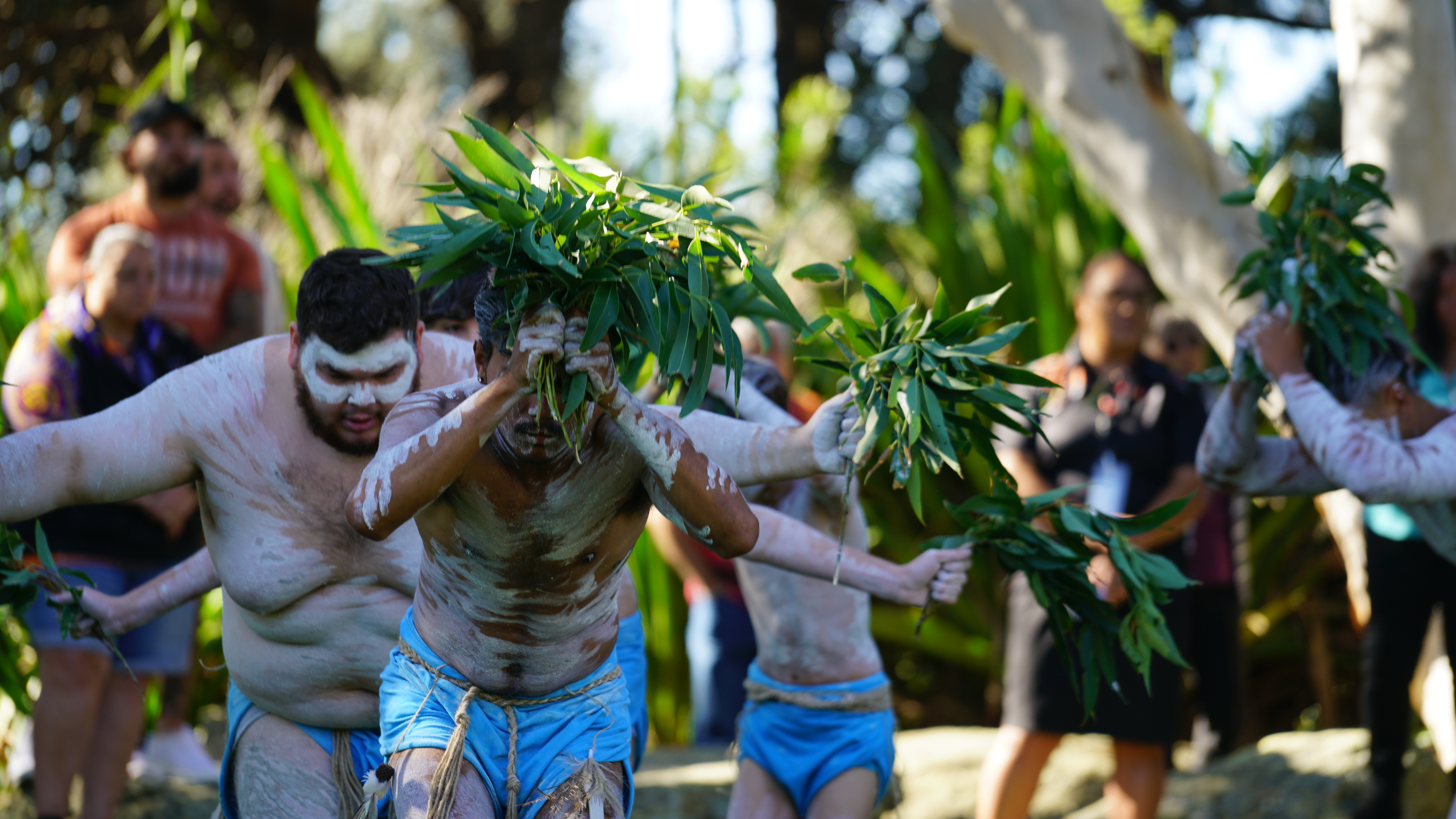
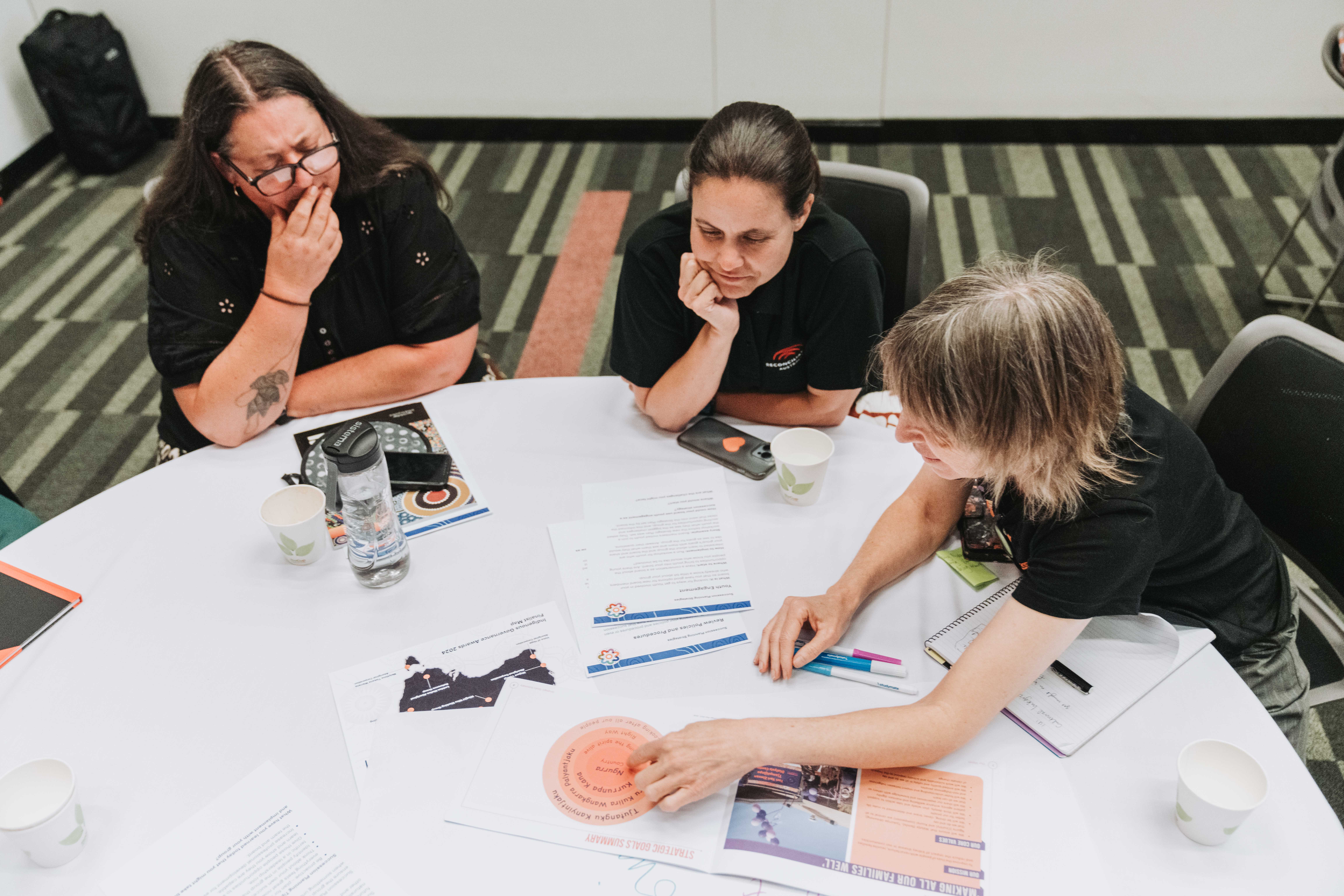
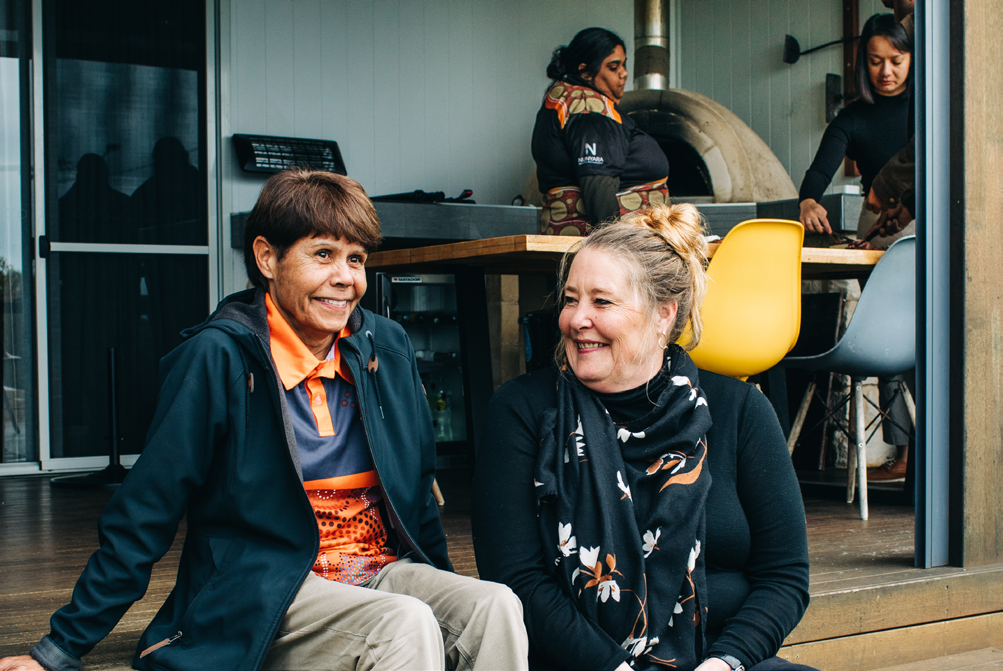

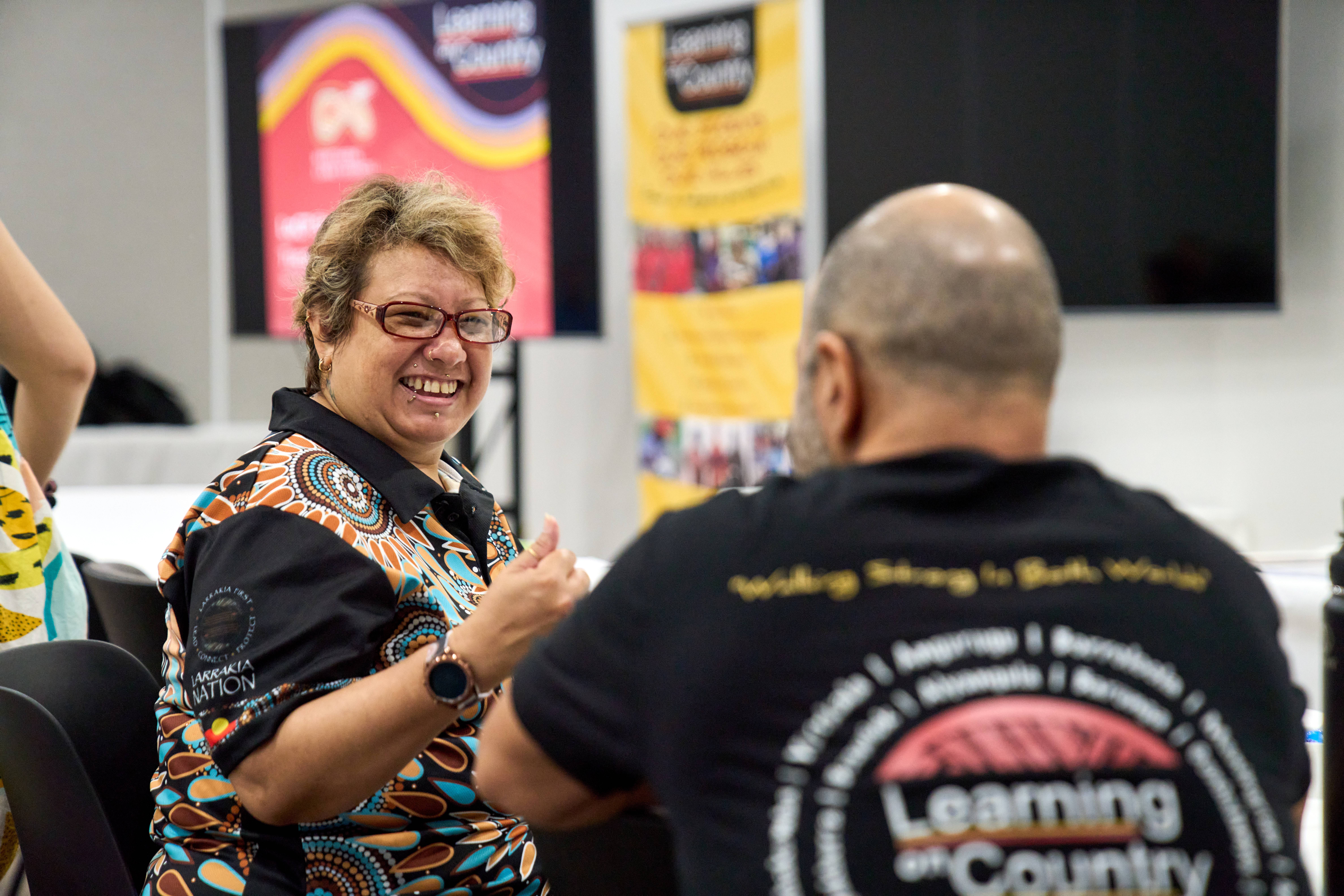
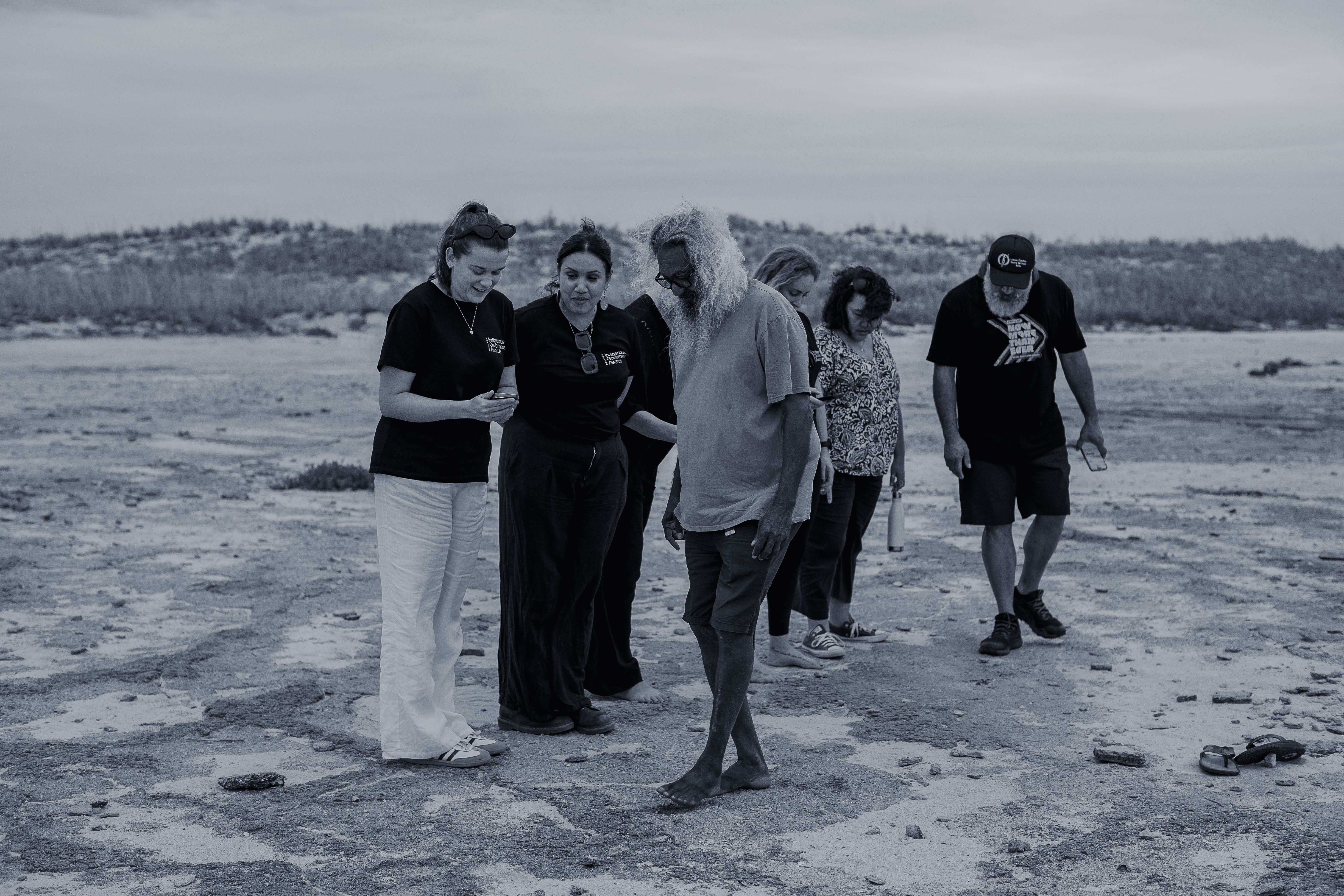

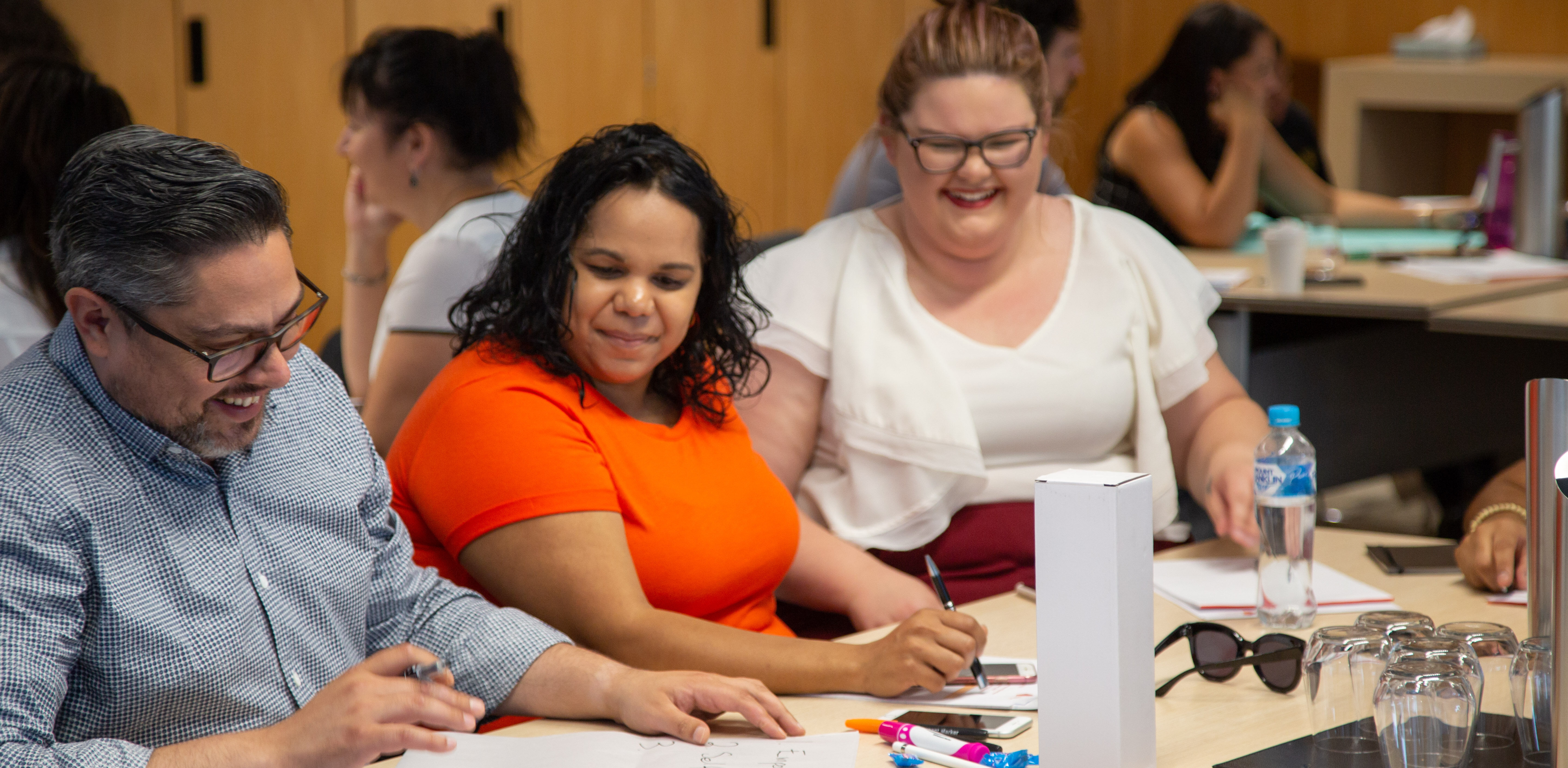
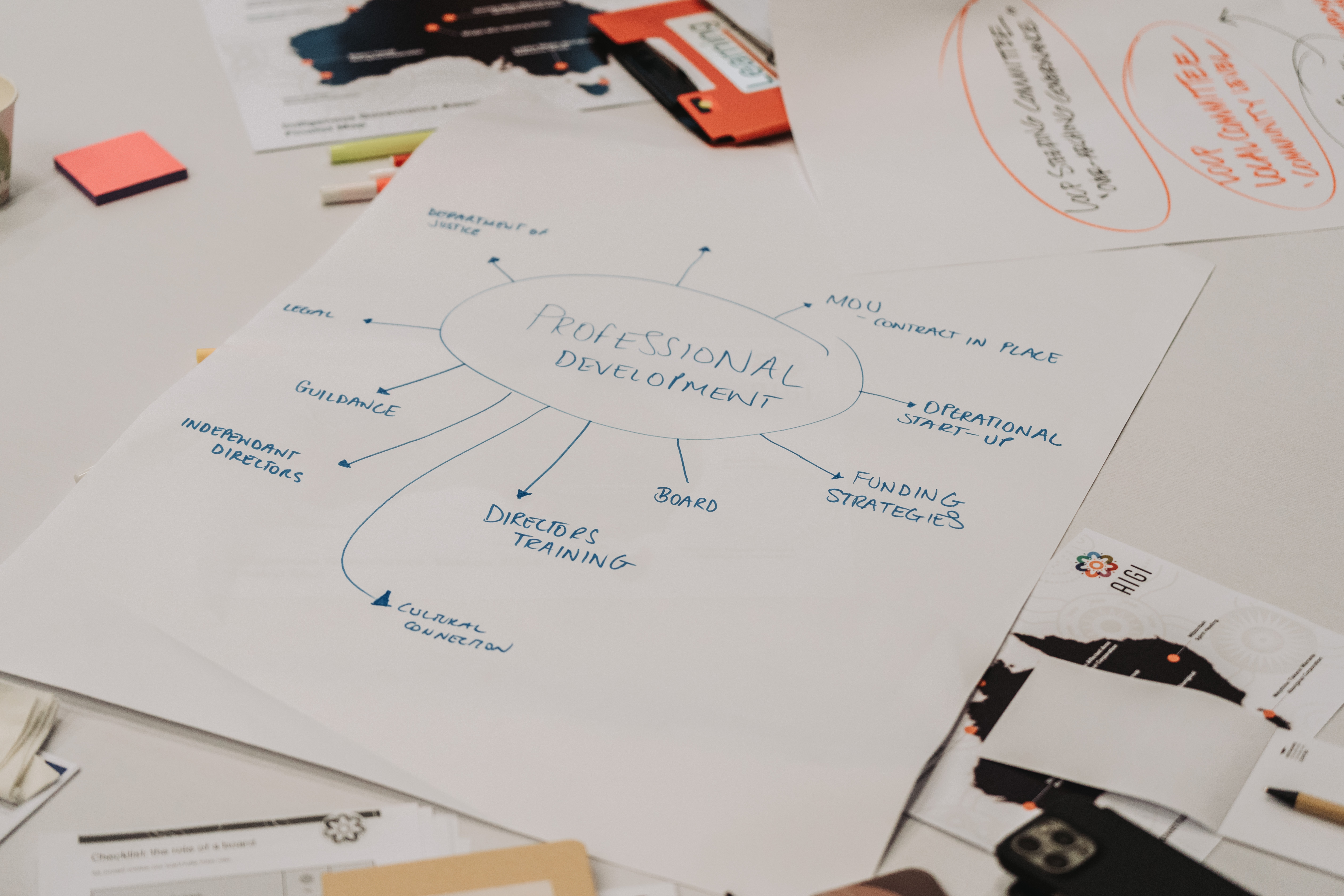
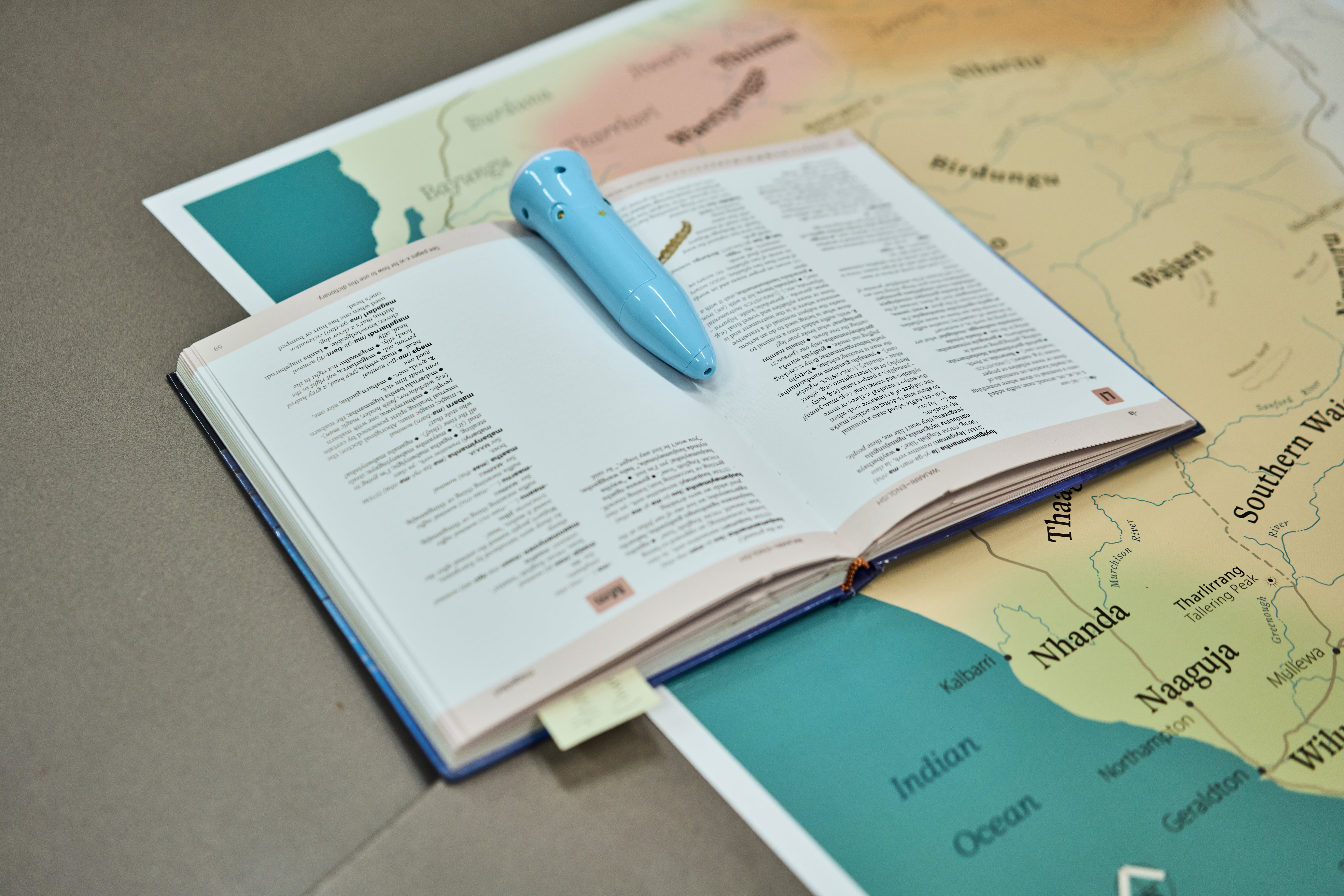

.png)



